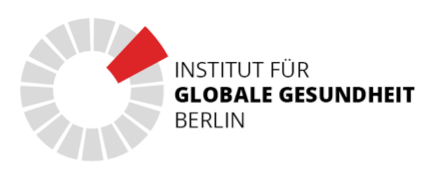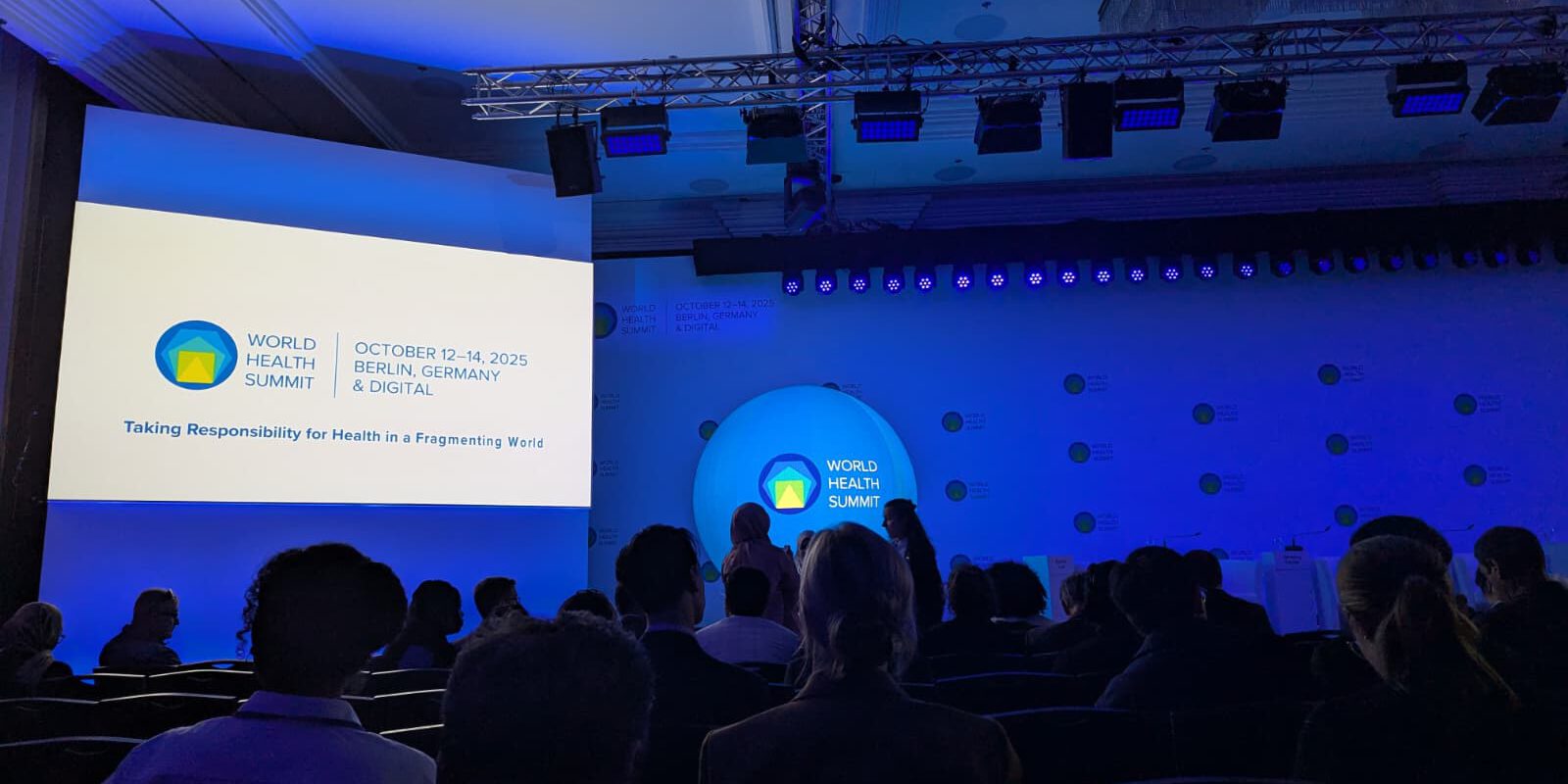Global Health in a Fragmented World: Can We Really Act Together?
The World Health Summit 2025, held in Berlin from October 12–14, gathered leaders from
government, science, and civil society under the theme “Taking Responsibility for Health in a
Fragmenting World.” In a time marked by crises, political conflicts, and deepening inequality, the
Summit’s ambition was clear: to reaffirm global solidarity in the face of fragmentation. Yet, one
might ask – can such gatherings truly bridge widening divides when the very global order designed to
protect health is in disarray?
The Summit’s discussions on global crises underscored urgent realities: climate change continues to
multiply health risks, conflicts are destroying health systems, and trust in global institutions is fading.
While the call for “resilience” was repeated in nearly every panel, it raised a deeper question – does
resilience merely mean adapting to an unjust system rather than changing it? Speakers warned that
without systemic reform, the world risks normalizing permanent crisis management instead of real
prevention.
In debates about global health governance, fragmentation was tangible. The United States’
withdrawal from the WHO and shrinking health aid budgets highlight a worrying erosion of collective
responsibility. Although the Summit called for “shared governance” and “inclusive financing,” critics
noted that the rhetoric of solidarity often masks power imbalances between donors and recipients.
Can equitable global health governance exist when financial and political influence remain so
unevenly distributed?
Artificial Intelligence, showcased as a potential “great equalizer,” was also a source of unease. AI-
driven tools promise early disease detection and data transparency but risk reinforcing inequalities if
deployed without strong ethical frameworks. Who controls the data, and who benefits from
technological progress? Several experts insisted that innovation without accountability could amplify
the very disparities it claims to solve – a reminder that technology is no substitute for political will.
The live Global Health Matters podcast session at the Summit deepened these reflections. Through
dialogue among scientists, policymakers, and young professionals, it explored how communication
can transform not just knowledge but also agency in global health. The discussion circled around the
question: is global health still a truly collective endeavor, or has it become a stage for competing
narratives?
In its conclusion, the podcast reminded participants that “We are all global health actors”- a
statement both empowering and challenging, aligning with the truly holistic approach of the global
health concept. If every individual is an actor, influencing health near and far, then responsibility
cannot stop at the institutional level. It extends far beyond researchers, policy makers and health
practioners, as the public shapes public discourse, behavior, and trust.
This statement encapsulates the ethical tension at the heart of the World Health Summit 2025: in a
fragmented world, shared responsibility is both our greatest strength and our hardest task. The
Summit offered inspiring visions but also exposed the persistent inequalities that hinder genuine
progress. It could stand for more than just exchanging idea – it must entail transforming them into
actions that redistribute power, build trust, and prioritize health as a true global common good.

